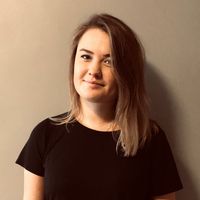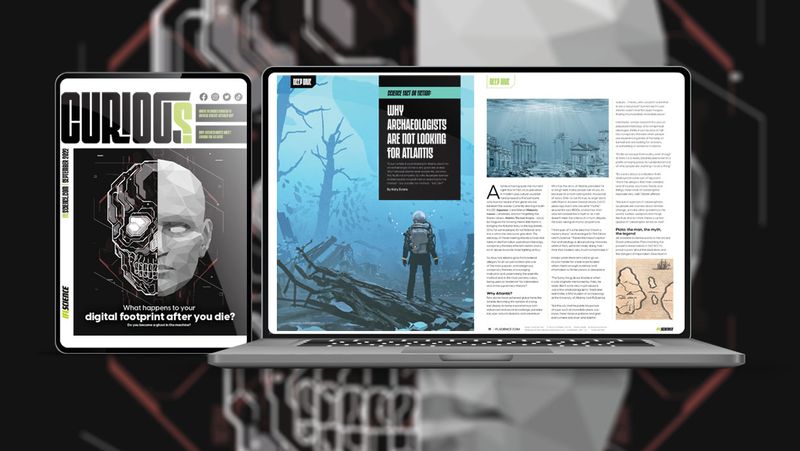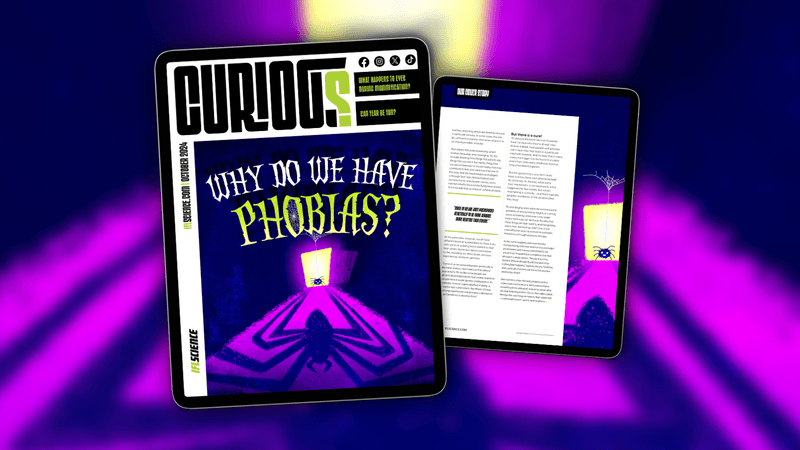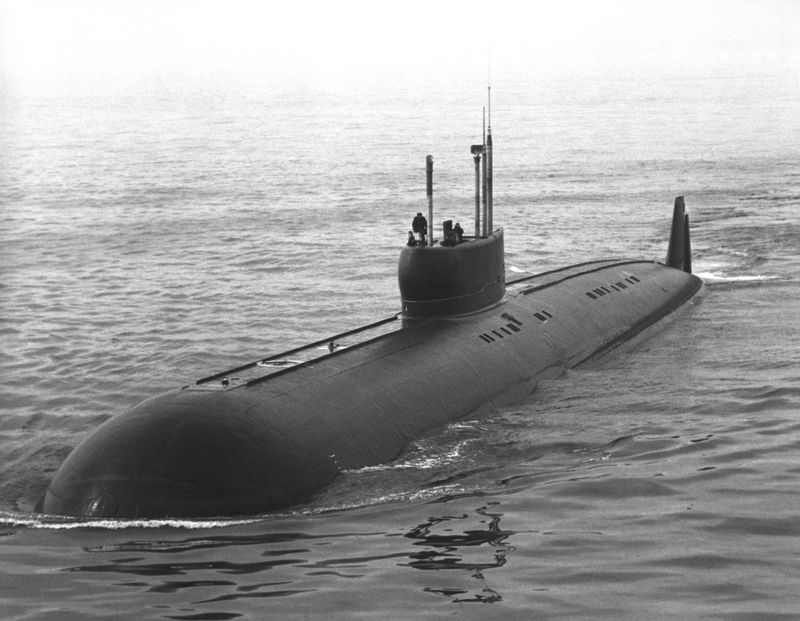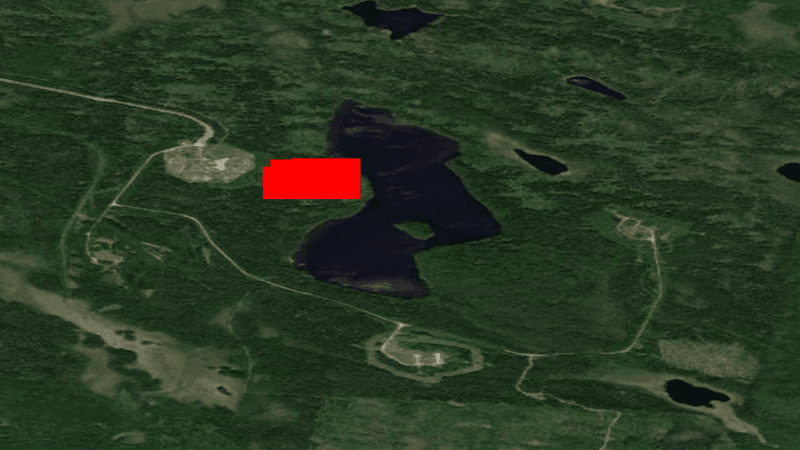IFLScience’s e-magazine CURIOUS is back with its second issue, bringing you more science highlights for the month ahead plus deep dives into intriguing topics, diary dates for events not to miss, and explanations for some of Earth’s most perplexing natural phenomena and landscapes.
CURIOUS is the perfect read if you’re after a more relaxed form of scientific exploration to savor at your leisure. Best of all you can even download a PDF for offline reading, so you can always have the latest issue to hand to spice up that daily commute.
Join us as we put curious questions to top experts, share excerpts from the latest science books, and tackle some of the most challenging topics across science. Are you CURIOUS? Find out what to expect from issue 2 below.
Read Issue 2 of our digital magazine now by clicking below! Use the arrows to navigate or download the PDF for easy access.
In This Issue…
OUR COVER STORY
What Happens To Your Digital Footprint After You Die? Do you become a ghost in the machine? Francesca Benson investigates, looking at the many ways in which popular social media platforms deal with profiles of the no longer living, who has access, and who owns the data.
DEEP DIVE
Katy Evans ventures into the murky ethics of pseudoarchaeology to explain why real scientists aren’t looking for Atlantis, and how the origins of such fantastical stories are sometimes entangled with Nazis, natives, and nationalism.
WE HAVE QUESTIONS
What actually happens to bodies donated to medical science? Where do they go, and what are they used for? Rachael Funnell speaks with Professor Claire Smith, head of anatomy for Brighton and Hove Sussex Medical School in the UK, to find out.
WHERE ON EARTH
We venture into the perplexing ice caves of Iceland’s largest glacier, Vatnajökull, to find out why each cave is unique and how these cavernous tunnels are carved into existence.
EXCLUSIVE: MEET THE AUTHOR
Can birding be bad for the environment? In a series of essays including some of his own, editor Javier Caletrío lays out the carbon footprint of a favored hobby of naturalists and outlines how we can be better birders for the planet while still marveling at the aves.
Plus: News, diary dates, what to see, watch, and read this month, and much more.
